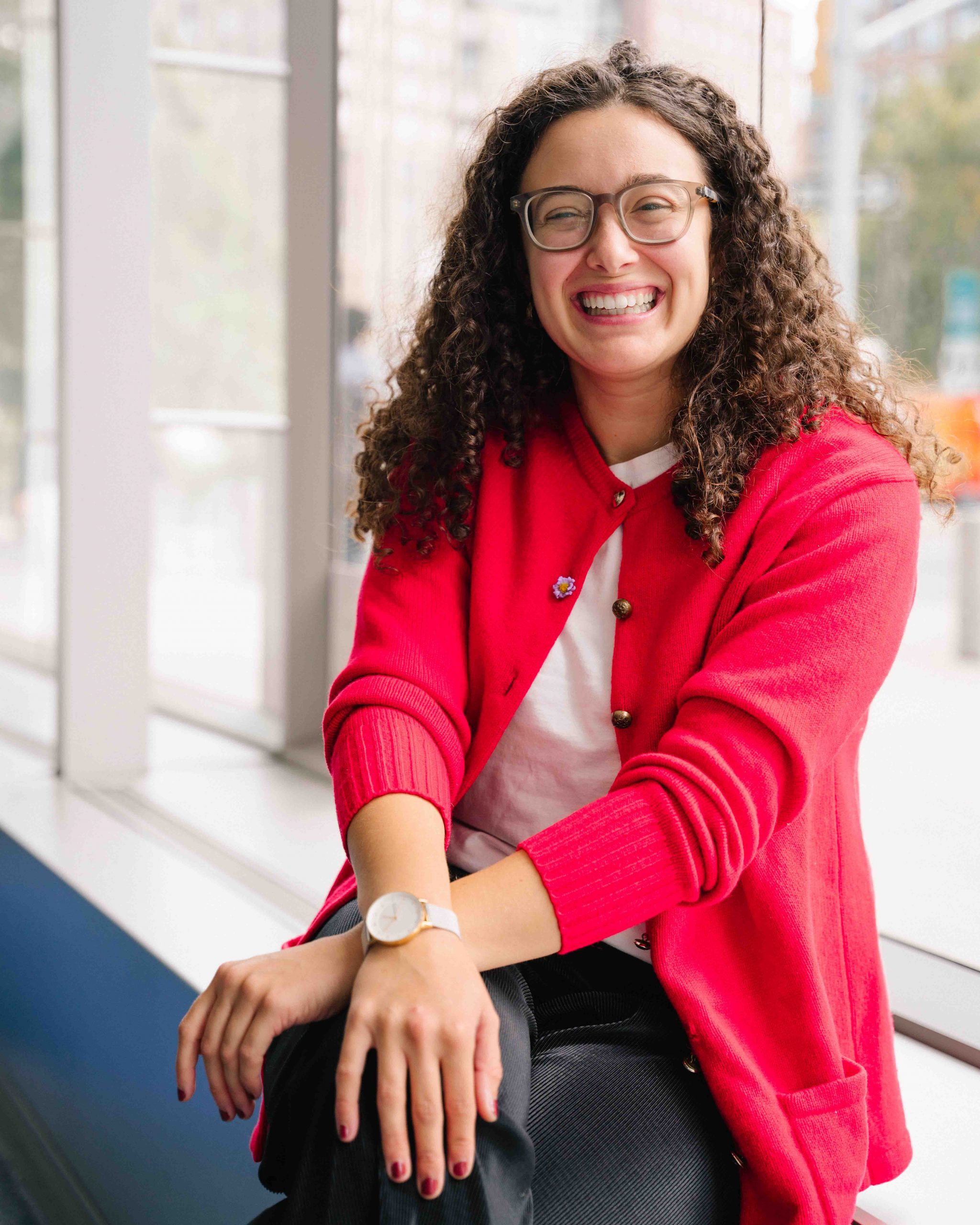
Marianna Wells ’26
CUNY School of Law is proud to announce that Marianna Wells ’26 has been awarded the 2025 Judge Bernard S. Meyer Scholarship for her essay titled “Trans Rights, Federal Courts and the Preservation of Liberty For All.”
This recognition exemplifies CUNY Law’s commitment to educating students who apply their passion and skills to real-world challenges. Wells’s work demonstrates the power of this approach by connecting rigorous legal analysis with urgent social justice issues.
“I am deeply honored to receive the 2025 Judge Bernard S. Meyer Scholarship for my essay on the ongoing fight for trans equality under the law,” Wells reflected. “At a time when our fundamental constitutional protections are under attack, it is especially meaningful to have this work recognized by the New York Bar Foundation.”
Wells worked under the mentorship of Professor Marbré Stahly-Butts, whom she assisted as a Teaching Assistant for the Fall 2024 class “Liberty, Equality, and Due Process”. Her essay provides critical analysis of United States v. Skrmetti, examining whether restrictions on access to gender-affirming care for minors violate the 14th Amendment Equal Protection Clause through sex-based discrimination or target transgender people as a discrete minority group.
Wells’s research methodology involved examining cases related to sports bans and gender-affirming care restrictions, analyzing Supreme Court oral arguments, and integrating critical scholarship on transgender rights strategies. She included emerging parental rights substantive due process arguments and research addressing anti-trans misconceptions.
The Judge Bernard S. Meyer Scholarship, sponsored by the New York Bar Foundation, recognizes exceptional legal scholarship and advocacy. Wells’s winning essay exemplified a successful synthesis of comprehensive research, sophisticated legal analysis, and direct engagement with one of the most pressing civil rights issues today.
Join us in congratulating Marianna Wells on this achievement.
